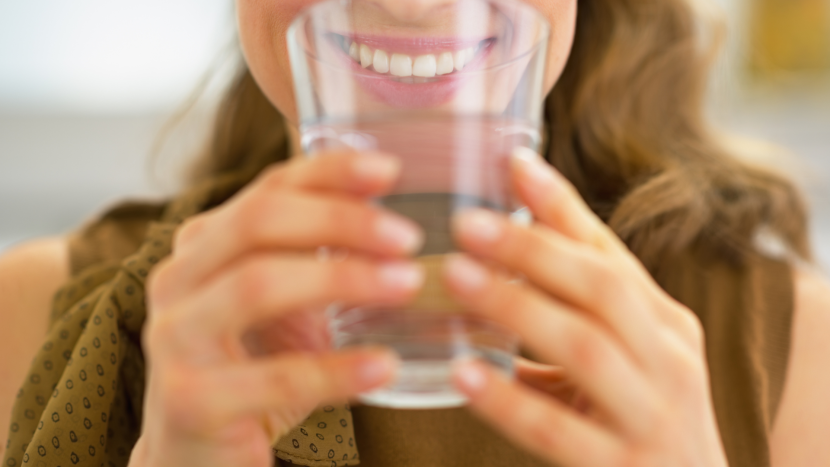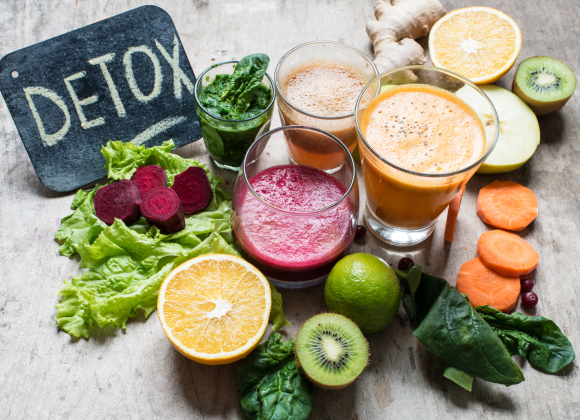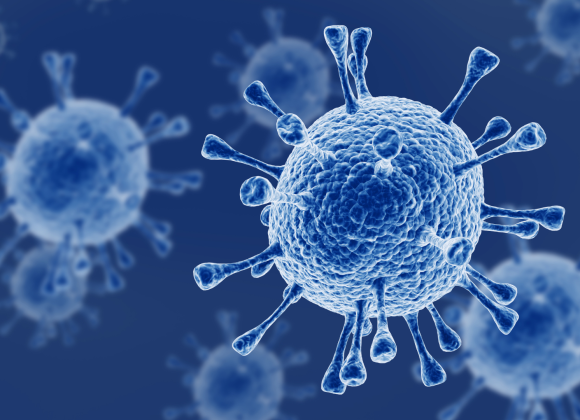Why Hydration Matters?
Every cell, organ, and system depends on water. Even mild dehydration (just 1-2% fluid loss) can sap your energy, cloud your focus, and trigger headaches. Water keeps your digestion smooth, your skin glowing, and your joints cushioned. But chugging gallons isn’t the answer—smart hydration is about quality over quantity.
The secret? Sip steadily throughout the day, pair water with electrolytes when needed (especially during workouts), and listen to your body’s cues (like urine color). Research shows proper hydration can boost exercise performance by 25% and aid metabolism. Bottom line: Drink with intention, not obsession, to unlock your body’s full potential.
How Much Water Do You Really Need?
The old “8 glasses a day” rule is a rough estimate. A more accurate approach considers:
| Factor | Adjustment |
|---|---|
| Body weight | 30-35 ml per kg (e.g., 70 kg = ~2.1-2.5L/day) |
| Activity level | +500 ml per hour of exercise |
| Climate | Hot/humid weather increases needs by 20-30% |
| Diet | Coffee/alcohol? Add 1 glass per serving. |
5 Efficient Hydration Strategies
1. Drink Small Amounts Frequently
Instead of chugging large quantities, which can dilute electrolytes and lead to quick excretion, opt for smarter sipping. Specifically, aim for 150-250 ml every hour. This approach ensures steady absorption while minimizing unnecessary bathroom trips. The result? Your body actually uses the water you drink.
2. Add Electrolytes (When Needed)
While plain water works for most situations, there are times when you need more. For instance, if you’re sweating heavily or drinking more than 3 L daily, consider these options:
- Start with a pinch of salt and lemon in water—this simple trick balances sodium and potassium.
- Alternatively, reach for coconut water, which provides natural electrolytes without added sugars.
- For intense needs, electrolyte tablets (sugar-free) offer a convenient solution.
3. Hydrate Before Meals
Timing matters when it comes to hydration and digestion. Here’s why:
- Drinking one glass 30 minutes before meals prepares your digestive system and helps prevent overeating.
- However, avoid drinking too much during meals, as this can dilute stomach acid and slow digestion.
4. Optimize Water Temperature
Believe it or not, temperature affects hydration efficiency:
- For quick absorption, room-temperature or cool water works best—unlike ice-cold water, which your body must warm first.
- Meanwhile, warm water (especially in the morning) can stimulate digestion and promote relaxation.
5. Use a “Hydration Window” System
Instead of forcing water randomly, try this schedule:
| Time | Goal |
|---|---|
| Wake up | 1 glass (rehydrate after sleep) |
| Pre-meals | 1 glass 30 mins before breakfast/lunch/dinner |
| Between meals | 1 glass every 1-2 hours |
| Pre-workout | 1 glass 30 mins prior |
| Post-workout | 1 glass + electrolytes if sweating heavily |
Final Tip: Hydrate Smarter, Not Harder
Hydration is more than just drinking water—it’s about working with your body’s natural rhythms. Start your day with a glass of water to counter overnight dehydration, sip fluids before meals to aid digestion, and hydrate before workouts to optimize performance. Choose quality over quantity by incorporating mineral-rich options like coconut water or herbal teas, and don’t forget water-packed foods like cucumbers and melons. Listen to your body’s signals—pale yellow urine means you’re on track, while dark urine signals it’s time to drink up. Your hydration needs shift daily based on activity, weather, and diet, so stay adaptable. The best hydration strategy? One that fits seamlessly into your life and keeps you feeling your best.




